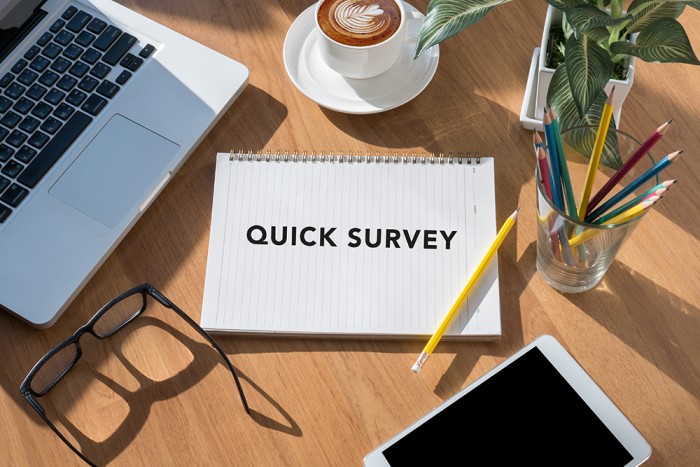The Office of Developmental Programs (ODP) and the Office of Mental Health and Substance Abuse Services (OMHSAS) have announced the latest edition of the Positive Approaches Journal is now available!
Understanding Trauma: From Theory to Practice
This issue of the Positive Approaches Journal addresses the approach to trauma and its role in the lives of individuals with intellectual disabilities and autism (ID/A) and mental illness from a variety of perspectives. Just as trauma arises from a variety of sources and experiences, addressing it in a meaningful, accessible way requires that each voice is heard, valued, and respected.
There are foundational principles that are vital in determining the best path forward in a trauma-informed manner, and we can and should learn from and leverage these principles and best practices. The goal of this issue of the Positive Approaches Journal is to present diverse, expert voices in understanding trauma from theory to practice.
This issue of Positive Approaches Journal is in digital form, available for viewing online or for downloading at MyODP’s website.
To print a copy of the PDF, online journal, or a specific article, you will find these options within your left navigation bar on any Positive Approaches Journal page. A new window will open with your selected document. In your browser, you may click the Print button in the top left corner of the page, or by using the Print capability within your browser.
Please submit feedback regarding your experience with the Positive Approaches Journal on MyODP by selecting the feedback image on MyODP within your left navigation bar on any Positive Approaches Journal page.
The Positive Approaches Journal is published quarterly. For additional information, please contact ODP electronically.


















